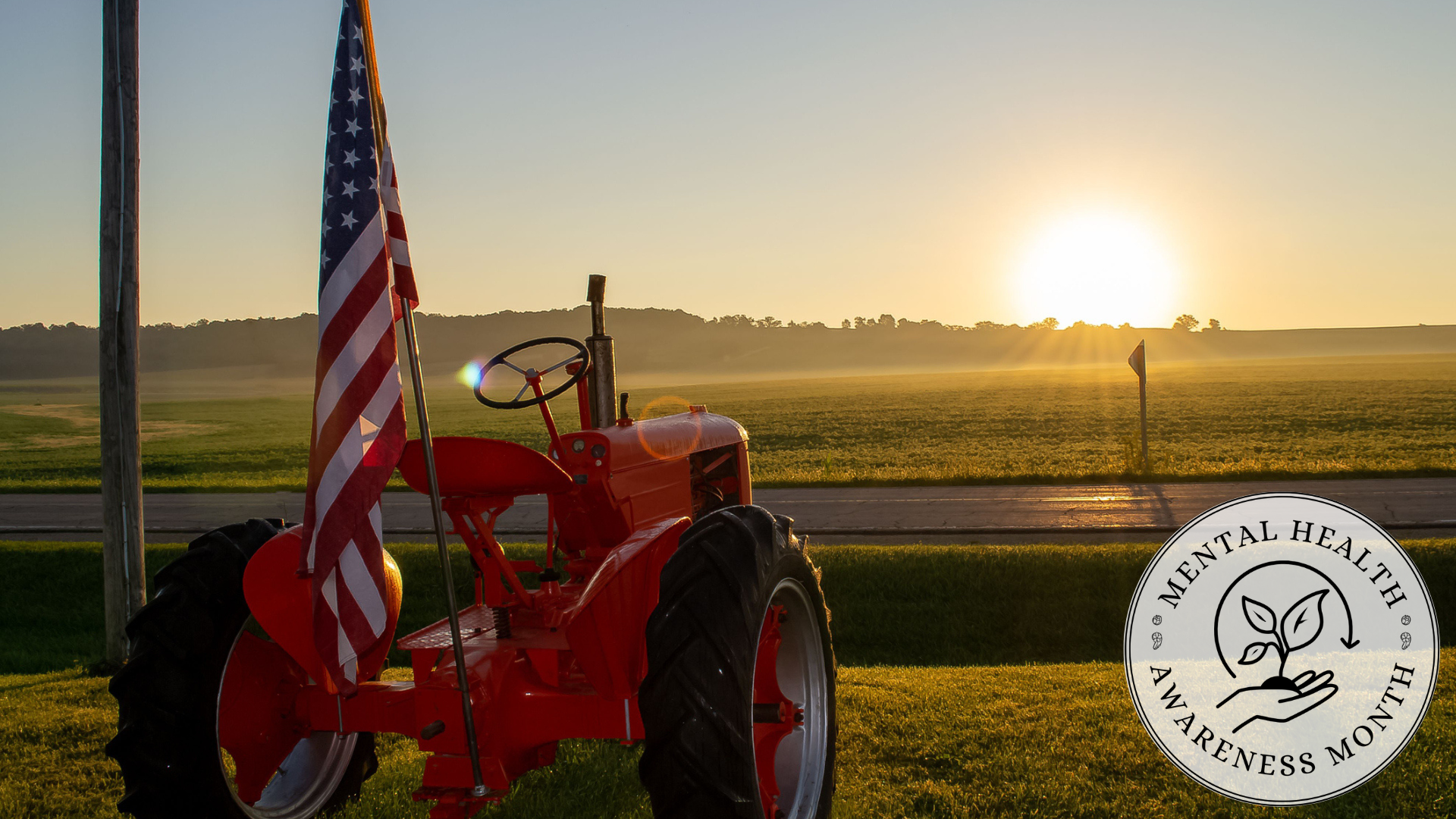Related Articles
May is National Mental Health Month. Statistically speaking, our food producers are among the highest risk for self-inflicted death in the United States. The Centers for Disease Control and Prevention noted rates of suicide by industry and occupation included agricultural workers in the top five in both categories.
A little more than a third of farms in the U.S. are owned and operated by women. Recent research from the University of Georgia suggests women in ag experience the difficulties of farming and ranching differently than their male counterparts. The research further suggests additional efforts should be made to address mental health considerations specific to women in agriculture. Among the unique stressors identified in the study were work-life balance, succession planning, and animal mortality.
According to the study, 44 percent of participants noted work-life balance was a stressor in their daily lives. Working moms will understand the notion of “mom guilt.” Many of the women who participated in the study highlighted how balancing the needs of the farm with the needs of their home life were especially challenging: “You have to be a parent. You have to be a mom. You have to … make sure dinner is done, all these things. And there’s no support.”
The study showed 25 percent of participants were concerned about succession planning or how their efforts to take over their family farms were perceived by other members of their families. For many farming operations, the inheritance of the farm from one generation to the next is assumed. However, many of the study participants pointed to discussions of their gender as a stumbling block when it came to who should “get” the farm, with some suggesting the primary barrier was their gender.
Several of the study participants discussed “emotional muting,” or hiding their feelings, as a form of coping with the stressors of their daily lives, including the 31 percent who noted livestock mortality as particularly challenging. One respondent called it “bootstrapping it up” to keep her emotions in check during conversation with other producers. “I probably sound hard and pragmatic, but the truth is that’s what it takes.” Many of the women who participated in the study noted feeling the need to “act like a man” in meetings or be unemotional despite outbursts from male counterparts to not be seen as an overly emotional female in business discussions.
The study describes other concerns of female farmers including physical overexertion and overcompensating to earn respect in a male dominated environment, feelings of isolation, and changing one’s appearance and behaviors to gain acceptance with peers. In each instance, the study participants cite specific examples of individual efforts made to “fit in” or dress in a manner that seems fitting for the situations they are in both on- and off-farm.
The emphasis on mental health stressors in agriculture is still a relatively new focus. And almost no research has examined the needs of women as the owners or managers of farms and ranches. Traditionally, discussions around mental health, suicide, and the stressors of farm management have been considered taboo subjects.
However, the recent emergence of the topic has led to efforts by organizations both nationally and locally to remove much of the stigma. Washington state’s WSU Skagit Extension hosts peer training called Pizza 4 Producers aimed at teaching participants about mental health and creating a community event to bring people together at the same time. Nationally, American Farm Bureau Federation resources offers resources geared toward everything from peer-to-peer support to national hotlines for non-ag callers.





